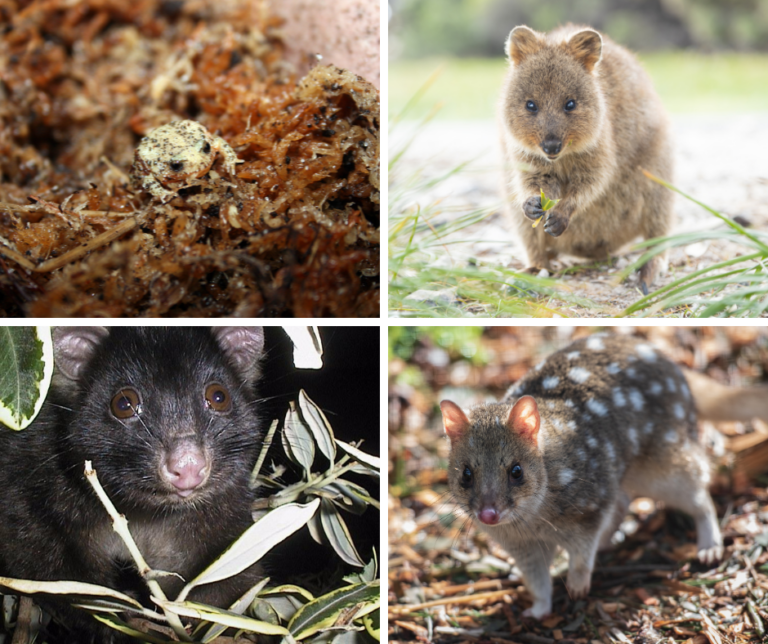
South West Natural Resource Management has received $726,000 for delivery of two projects under the Australian’s Government’s Saving Native Species grants, announced today by Environment and Water Minister Tanya Plibersek.
In partnership with its Association Member Leschenault Catchment Council, $478,786 will go to protecting native species of the Wellington National Park under threat of extinction like mainland quokka, chuditch and western ringtail possum from introduced predators.
And in partnership with the Department of Biodiversity, Conservation and Attractions, a $247,425-project will aim to restore populations of the critically-endangered white-bellied frog whose habitat has become too dry for successful breeding due to climate change. Funding will enable development and testing of a soil rehydration method, allowing for reintroduction of the species to areas where it has previously become extinct.
The projects were included in 61 species-saving initiatives around Australia to receive funding.
South West NRM Sustainability and Environment Lead Linda Metz said allocation of the funding was critically important for the region in addressing the triple threat of climate change, biodiversity loss and ecosystem degradation.
“Our region is within one of only 36 internationally-recognised, global biodiversity hotspots which means we have some of the rarest, yet most threatened species on earth within our stewardship,” Linda said.
“The healthier our ecosystem, the healthier the planet and its people.”
The Wellington National Park project will seek to engage with landholders located on the park boundary for targeting of feral pigs, cats and foxes with the aim of reducing the number which enter the park and prey on wildlife.
Landholders who are passionate about the natural environment; frustrated by feral predators coming onto their property and interested in receiving FREE expert help with feral animal control can register for the program by contacting:
Katrina Zeehandelaar-Adams
Leschenault Catchments Council
0403 558 863 or katrina.za@leschenaultcc.org.au
Under the white-bellied frog project, soil water potential monitoring probes will be installed at identified locations to measure hydration status over time. Irrigation systems, consisting of 5,000l water tank, solar powered pump, irrigation controller and sprinklers will be installed to systematically rehydrate the sites to create suitable habitats for breeding of the frogs which grow no bigger than an adult thumbnail.
SWNRM delivers game-changing solutions to environmental challenges across 400 million hectares of the natural and farmed landscapes of Western Australia’s South West region.
We are the region’s peak environmental organisation and charity. In partnership with Noongar people, industry, government and local landholders we continue to amplify our impact and together, build healthier and more productive ecosystems.
* This project received grant funding from the Australian Government Saving Native Species Program.
For more information about this project including answers to FAQs, please visit our dedicated Project Page.
